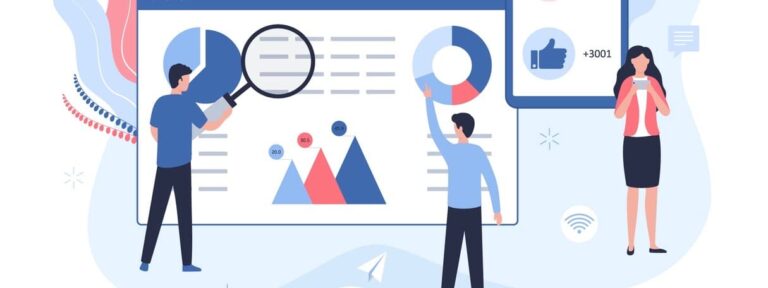There are certainly broad issues that business leaders, IT, communicators and other managers are facing with deploying AI at a grand scale—security, data accuracy, ethics and responsible use, for starters—but when it comes to day-to-day use, there’s no greater challenge than upskilling their entire workforces with the knowledge and analytical acumen needed to integrate the tech into regular workflow.
Just how profound is the imminent AI skills crisis? New research from Jobs for the Future‘s (JFF) Center for Artificial Intelligence & the Future of Work finds that a majority of more than 2,200 adults surveyed believe they need to gain new skills to prepare for the impacts of AI—-with one-third believing it necessary to do so within the next year. Do business managers have a plan? Or any idea how to put one together?
“Both learners and workers understand the impact of AI will be profound. There’s a real willingness to seek training and harness the potential of AI at work, but workers also are skeptical of where to find support,” said Alex Swartsel, who leads JFF’s Center for Artificial Intelligence & the Future of Work, in a news release. “This is a critical moment—we need to inform and upskill our entire workforce, and we especially need to ensure that no one is left behind.”

As the integration of AI into how we learn, work, and live quickens, more workers are open to learning opportunities for using AI at work (58 percent) than they are concerned about AI taking away their job (29 percent) or hurting their company (35 percent). While most (88 percent) do not yet trust their employers to support them in understanding AI, individuals who have already encountered AI in their current jobs are more than twice as likely to feel AI would do more good than harm.
Even so, the impact of AI is nascent
Today, fewer than 1 in 10 are currently experiencing AI in their jobs. A quarter of adults feel skeptical (26 percent) about the future impact of AI on their own life—more so than fearful (17 percent), neutral (16 percent), hopeful (17 percent), or excited (10 percent).
When examining the perspectives of adults in the US by race, gender, and income, several differences emerge that merit attention as businesses work to ensure the equitable impact of AI:
Relative to men, women are more bearish on AI
Women were less likely than men to feel that AI would be good for workers (46 percent less likely) and education (37 percent less likely), and 62 percent less likely to feel excited or hopeful about AI’s impact on their own lives.
Black respondents view AI more positively than white respondents
When comparing the views of Black and white respondents, Black respondents were 62 percent less likely to say AI would do more harm than good.
Younger workers feel more pressure to upskill
Gen Z and Millennial workers (66 percent each) were more likely than Gen X (52 percent) or Baby Boomer (43 percent) workers to feel they need to upgrade their skills because of AI.
Skepticism about AI’s value and impact is higher among those earning less
In comparison to those making more than $100,000 per year, respondents making less than $50,000 annually were 40 percent less likely to feel AI’s impact would be net positive and 38 percent less likely to feel that AI would be good for workers and education.

“While AI certainly poses challenges, we also see astonishing opportunities for how it can transform the very ways we prepare workers for an evolving workplace,” said Maria Flynn, JFF’s president and CEO, in the release. “The work ahead of us looms large. It will require us to listen to the experiences of workers, and to convene employers, policymakers, and solution designers to ensure AI systems integrated into the classroom and the workplace do not perpetuate or introduce new biases. It means retooling our education and workforce systems to adequately prepare workers. But, I am confident that we can harness the impact of AI to lift millions more workers into quality jobs.”
Download survey highlights here.
The poll was conducted by Morning Consult between May 31-June 2, 2023 among a sample of 2,204 adults. The interviews were conducted online and the data were weighted to approximate a target sample of adults based on age, gender, race, educational attainment, region, gender by age, and race by educational attainment.








